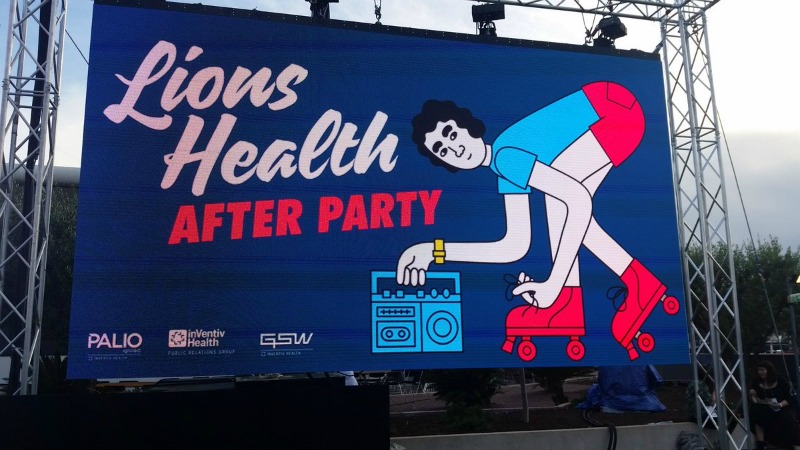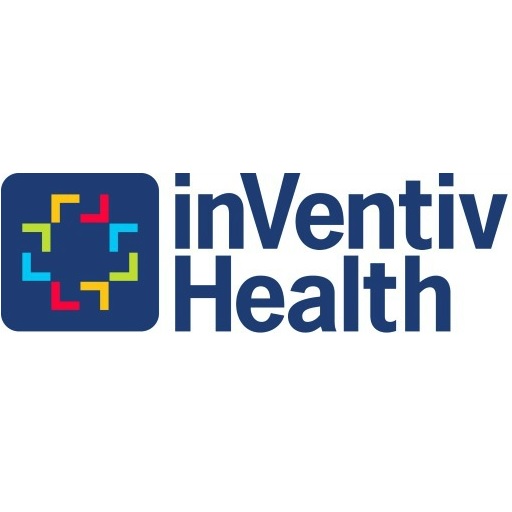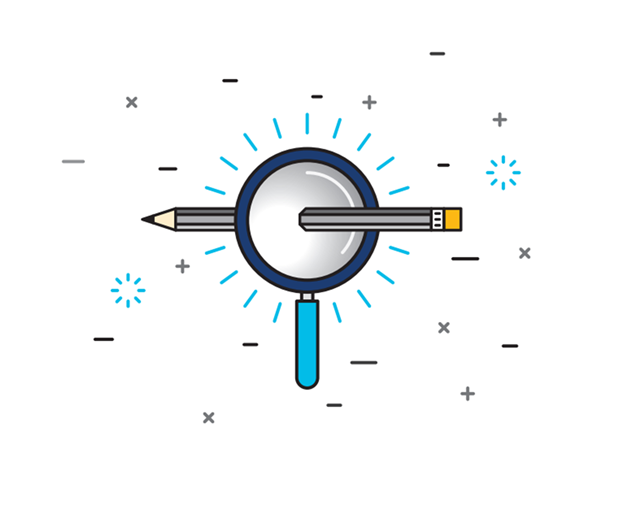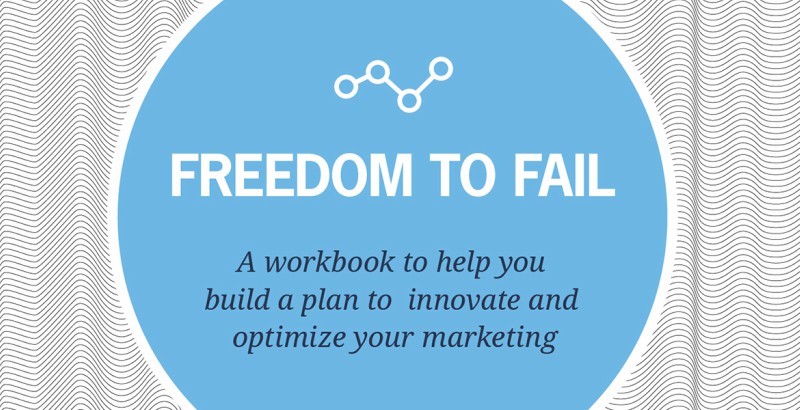inVentiv Health Communications 22 Jun 2016 // 2:58PM GMT

Cannes, France — It’s not every day that we get to see a colleague take the stage at Cannes. But last weekend, Dave Sonderman, Chief Creative Officer at GSW, an advertising agency within the inVentiv Health Communications network, joined two experts on the art (Jane Gauntlett, Artist and Founder of the In My Shoes Project) and science (Dr. Helen Riess, Associate Clinical Professor of Psychiatry at Harvard Medical School) of empathy to talk about how that deeper understanding can change the future healthcare. Here are the highlights:
Sonderman recognized that creativity is hard work and understanding what really motivates people is even tougher. But when we get it right, the stories and experiences created are more poignant and more powerful. They’re the kind of life changing creativity we talk about at Cannes. But finding real empathy in healthcare is difficult. In other industries it’s a lot easier to get a gut-level sense of how people feel about products and services. Customers can take a taste test, a test drive, or just play with a product.
In healthcare that empathy is more elusive. In chronic pain, diabetes, fractures, etc., the experience, pain and disease are incredibly individual experiences we struggle to understand.
In healthcare, we can’t try it on. We can’t give ourselves high blood pressure, heart burn or depression. We can’t try a disease on like a new shirt. Or taste test the latest anti-psychotic drug.
Empathy has to stand in that gap.
Riess took us into the science. Or, specifically, the neurobiology of empathy.
Empathy has multiple cognitive elements from “affective components” that allow us to share the feelings of others to “behavioral components” that motivate us to action.
Riess was able to show skin conduction studies that scanned patients biologic responses to interactions with doctors who had high and low levels of empathy. Other studies showed that better patient-physician relationships improved patients’ adherence as well as how they clinically feel and respond to treatment.
Riess’ own patients would come to their visits complaining about how doctors didn’t have time for them. They weren’t seen; they weren’t heard; they felt like a number. They were making efforts to change their lives and that wasn’t recognized by their physicians.
It’s important, but can we teach it?
Experiences and science like that are at the foundation of 3-hour training that she created at Massachusetts General Hospital to educate physicians on how “to do” empathy.
The program teaches facial recognition decoding (is is fear? disgust? surprise?) so that doctors can better respond to those critical cues. It also helps doctors see the vulnerable person behind a challenging behavior and new strategies to deliver bad news. Six different specialties at Massachusetts General Hospital took the training and since then it’s been extended to video and virtual trainings to make an even broader impact. In randomized, controlled trial, Riess proved that those three hours are incredibly well spent, instantly improving physician interaction and delivering even better results over time.
Gauntlett stepped up to talk about how empathy leads to more powerful patient narratives and interactive theater. She helps people inhabit someone else’s experiences for a few minutes and walk a few steps, or a mile in another’s shoes. Her goal is to create empathy between people. The program, no surprise, is called In My Shoes.
Most of the experiences she shares are others. But one is her own. She created it with film and immersive media to better cross the empathy gap and effectively communicate with doctors, family and friends.
It started on February 3, 2007. Her friend was moving out. She said goodbye and jumped on her bike. That was the last moment of that month she remembers. Around her, paramedics, surgeries, family called in to say goodbye.
Gauntlett lives with a traumatic brain injury. To meet her, you would never guess, but one person at a time, she lets people see her whole life, introducing them through her own In My Shoes story.
Incredible to see the art and science come together and open eyes…
By Leigh Householder, Chief Innovation Officer, GSW
Didn’t make it to the Cannes Lions International Festival of Creativity this year? Don’t worry! The delegates from inVentiv Health Communications pulled together their favorite short-listed creative, memorable quotes, can’t-miss data points, and highlights from individual talks right here. It’s a quick-scan tasting menu of creativity that will make you feel like you were there!
This post originally appeared on the website for GSW’s Health Experience Project.


































.jpg)














